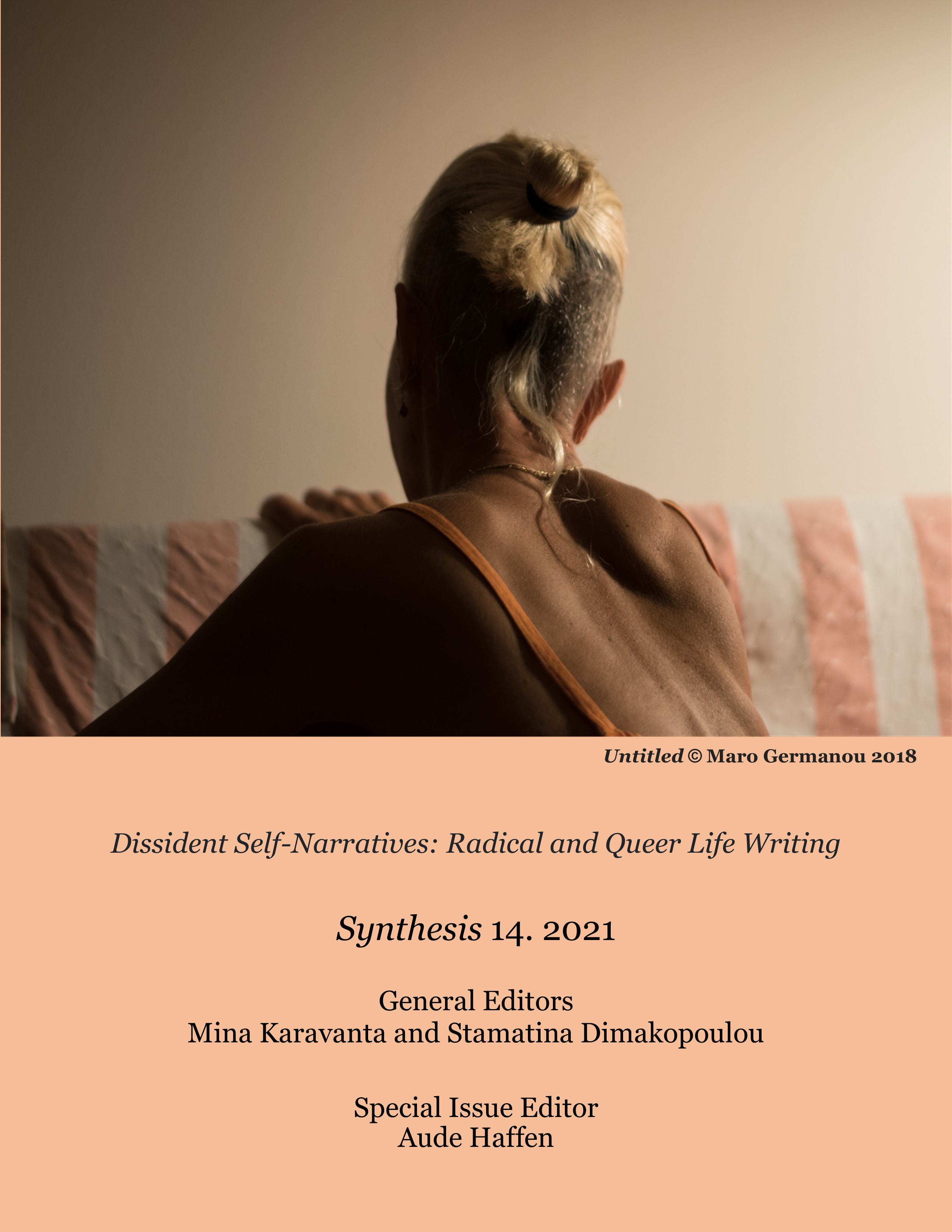An Autotheory of Intertextual Kinship: Ambivalent Bodies in the Work of Maggie Nelson and Paul B. Preciado

Abstract
Diverging from understandings of “autotheory” as a mere merger of theory and autobiography, in this inquiry, I attend to practices of citation that transfigure the “auto” in “autotheory.” Combining intellectual and disciplinary history with close readings of Paul Preciado’s Testo Yonqui (2008) and Maggie Nelson’s The Argonauts (2015), I compare the historically and culturally specific ways in which these works of queer and trans life writing lay claim to autotheory’s dissident potential. I argue that citation, at once typographic and embodied, need not be reducible to conflicts of authority and influence. On the contrary, the life- sustaining social acts that characterise kinship as a practice enable us to re-envision formal practices of intertextuality as a queer mode of kin- fostering. By extending citational gestures across time, sex, and text, “intertextual kinship,” as I call it, performs a mode of queer belonging that contests the conceit of a single self. Preciado and Nelson proffer an autotheory that is neither a theory of a single self nor a single theory of the self. Rather, radical interdependency is what this corpus both thematises and formalises through its intertextual praxis. In reading intertextual kinship as a part of broader social struggles, I argue that autotheory challenges paradigms of self-knowledge production, opening up more inclusive methods of writing relationally and rewriting relationality.
Article Details
- Section
- Articles

This work is licensed under a Creative Commons Attribution 4.0 International License.
The copyright for articles in this journal is retained by the author(s), with first publication rights granted to the journal. By virtue of their appearance in this open access journal, articles are free to use with proper attribution. Synthesis retains the worldwide right to reproduce, display, distribute, and use published articles in all formats and media, either separately or as part of collective works for the full term of copyright. This includes but is not limited to the right to publish articles in an issue of the Journal, copy and distribute individual reprints of the articles, authorize reproduction of articles in their entirety, and authorize reproduction and distribution of articles or abstracts thereof by means of computerized retrieval systems.



